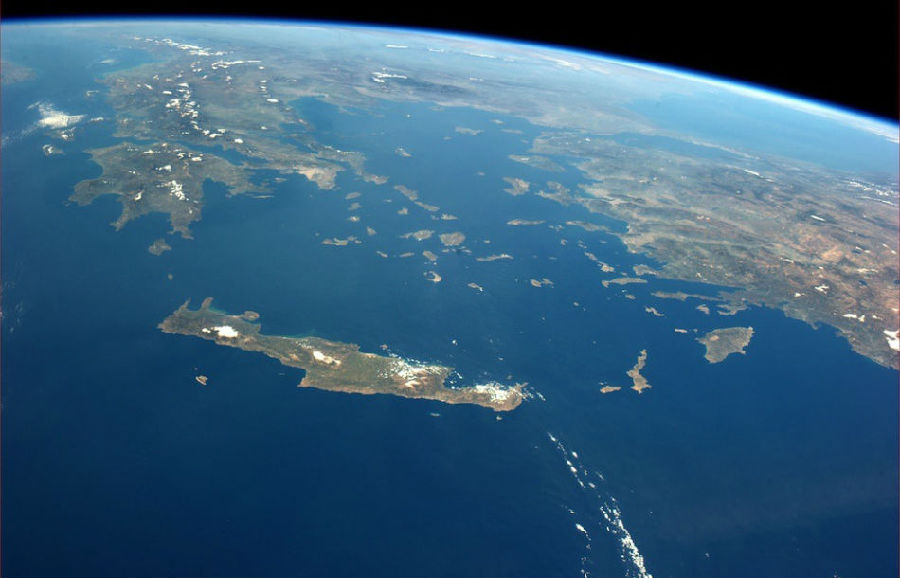第五部 生命本身
The more I examine the universe and study the details of its architecture, the more evidence I find that the universe in some sense must have known we were coming. Freeman Dyson
我越是审视宇宙,越是研究其构造上的具体细节,就越是觉得在某种意义上宇宙肯定已经知道我们快要到来。——弗里曼·戴森
16 Lonely Planet
第十六章 孤独的行星
It isn't easy being an organism. In the whole universe, as far as we yet know, there is only one place, an inconspicuous outpost of the Milky Way called Earth, that will sustain you, and even it can be pretty grudging.
成为生物很不容易。据我们所知,在整个宇宙里,只有银河系里一个名叫地球的、不大醒目的边远地方愿意收留你,而且连它也可能不大情愿。
From the bottom of the deepest ocean trench to the top of the highest mountain, the zone that covers nearly the whole of known life, is only something over a dozen miles—not much when set against the roominess of the cosmos at large.
从最深的海底沟底部到最高的大山顶点,已知生命的几乎全部生存范围只有28公里左右厚——与浩瀚的宇宙相比,那算不了什么。

For humans it is even worse because we happen to belong to the portion of living things that took the rash but venturesome decision 400 million years ago to crawl out of the seas and become land based and oxygen breathing. In consequence, no less than 99.5 percent of the world's habitable space by volume, according to one estimate, is fundamentally—in practical terms completely—off-limits to us.
对于人类而说,那就更倒霉了。我们恰好是属于那个部分的动物:4亿年以前,他们草率而又冒险地作出决定,从海底爬上来,成为以陆为家和呼吸氧气的动物。结果据有人估计,世界上有近99.5%的适居空间,基本上——实际上是完全——对我们关上了大门。
It isn't simply that we can't breathe in water, but that we couldn't bear the pressures. Because water is about 1,300 times heavier than air, pressures rise swiftly as you descend— by the equivalent of one atmosphere for every ten meters (thirty-three feet) of depth.
我们在水里不仅不会呼吸,而且受不了那个压力。这是因为,水要比空气重1 300倍,你越是往深处,压力越是迅速增加——深度每增加10米,就相当于增加1个大气压。













